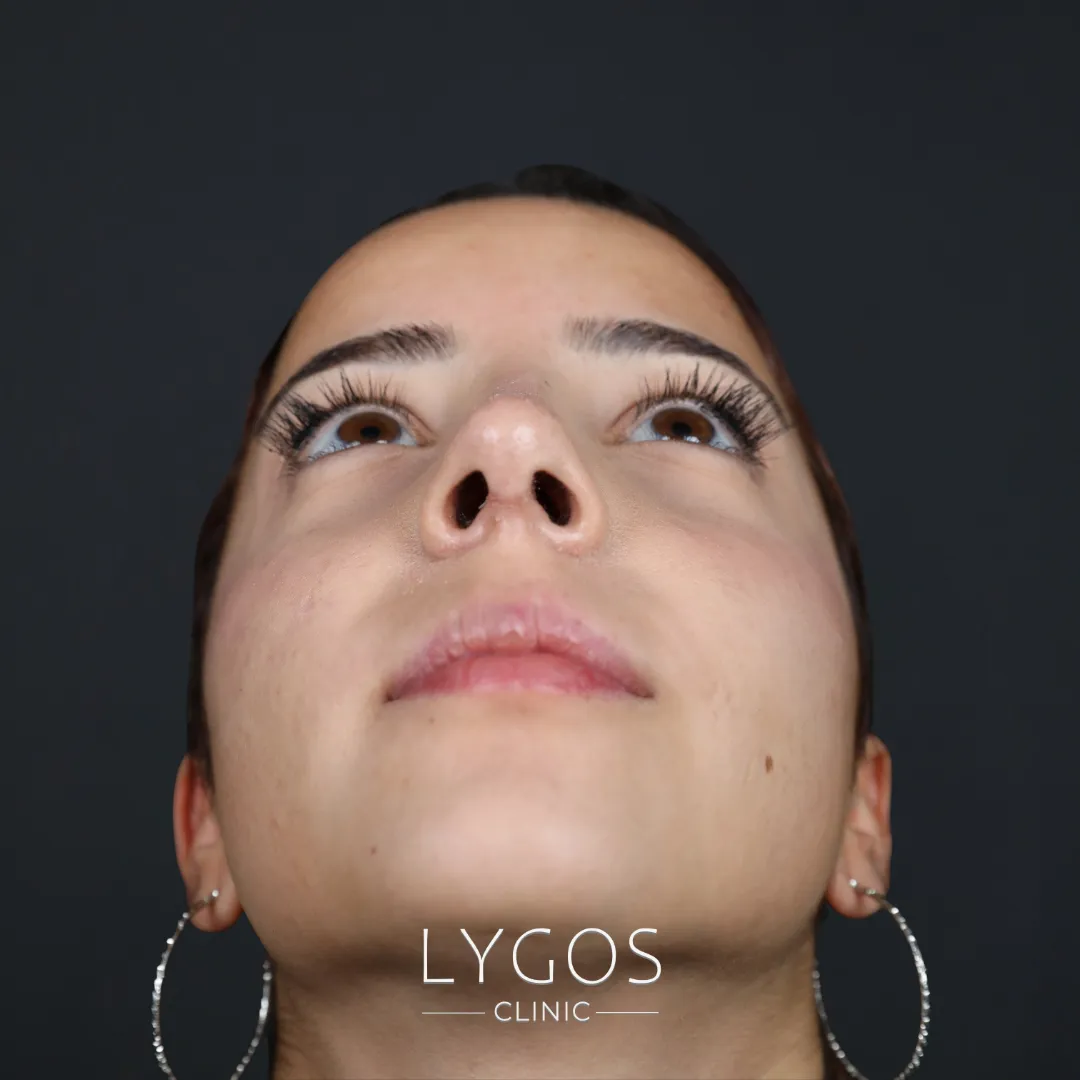Differences Between Rhinoplasty and Alarplasty

Chose Your Topic
Differences Between Rhinoplasty and Alarplasty
In the field of aesthetic surgery, nose operations are among the most important procedures that complete facial aesthetics. However, nasal surgeries are performed using different techniques and for different purposes. At this point, the differences between rhinoplasty and alarplasty become a matter of curiosity. Although both operations are aimed at reshaping the nose, their application areas, goals, and methods differ from one another. In this article, we will examine the differences between rhinoplasty and alarplasty in detail.
What is Rhinoplasty?
Rhinoplasty, commonly known as a “nose job,” is a surgical procedure designed to reshape the entire nasal structure. It can be performed not only for cosmetic reasons but also to correct functional problems. For example, issues such as nasal obstruction or septum deviation can be treated with rhinoplasty.
During rhinoplasty, changes can be made to the nasal bridge, tip, dorsum, and nostrils. This highlights the differences between rhinoplasty and alarplasty: while rhinoplasty is a comprehensive surgery covering the overall nasal structure, alarplasty is a more localized and limited procedure.
Rhinoplasty is a versatile surgery that addresses both the aesthetics and function of the nose. Preoperatively, computer-assisted simulations can be used to plan the appearance of the nose, allowing reshaping according to the patient’s expectations.

What is Alarplasty?
Alarplasty is a surgical procedure focused on reshaping the nasal alar region (the wings of the nose). It helps regulate nasal width, nostril symmetry, and the proportion between the nasal tip and upper lip.
The procedure is usually performed through small incisions at the nasal base or wings, making the recovery period shorter compared to rhinoplasty. Here, the differences between rhinoplasty and alarplasty stand out: alarplasty does not alter the entire nasal structure but rather aims at aesthetic and proportional refinements in the lower part of the nose.
Through alarplasty, the nasal width can be reduced, nostril size minimized, and nasal tip symmetry improved. This operation is often performed under local anesthesia, and patients can usually be discharged the same day.
Key Differences Between Rhinoplasty and Alarplasty
The main differences between the two procedures lie in the scope, purpose, and recovery period:
- Scope of Operation: Rhinoplasty changes the overall nasal structure, while alarplasty is limited to the nostrils and tip.
- Aesthetic Goal: Rhinoplasty reshapes the nasal bone, tip, and bridge, whereas alarplasty corrects nostril width and wing symmetry.
- Recovery Time: Alarplasty generally has a shorter recovery due to its localized nature, while rhinoplasty requires a longer healing process.
- Functional Correction: Rhinoplasty can also address breathing issues and septum deviations. Alarplasty is primarily cosmetic.
- Surgical Technique: Rhinoplasty involves bone and cartilage modifications, while alarplasty mostly reshapes soft tissue and minor cartilage.
Knowing these differences helps patients choose the right procedure and set realistic expectations. Understanding the distinction between rhinoplasty and alarplasty is critical when selecting the right surgeon and method.

When is Rhinoplasty Preferred?
Rhinoplasty is chosen for both cosmetic enhancement and functional correction. It is typically performed in cases of:
- Nasal hump or low bridge
- Drooping or excessively upturned nasal tip
- Septum deviation or breathing difficulties
- Trauma-related nasal deformities
- Nasal asymmetry
In such cases, rhinoplasty reconstructs the overall nasal structure, optimizing both appearance and function. When evaluating rhinoplasty vs. alarplasty, patient priorities must be taken into account.
Who is Alarplasty Suitable For?
Alarplasty is ideal for patients seeking aesthetic corrections of the nasal wings, particularly those who have:
- Wide or asymmetrical nostrils
- Dissatisfaction with nasal tip–wing proportions
- Preference for a localized and minimal surgery
Alarplasty is a good option for individuals who do not want a major change to the nasal structure but desire refinement in the lower nasal region.

Rhinoplasty and Alarplasty Costs
The difference between the two procedures is also reflected in their cost. Rhinoplasty is more expensive due to its comprehensive nature, whereas alarplasty is shorter, less invasive, and usually more affordable.
Factors influencing cost include:
- Scope and duration of the operation
- Surgeon’s expertise and specialization
- Techniques and hospital facilities used
- Choice of local or general anesthesia
In Turkey, rhinoplasty and alarplasty prices vary by city and hospital equipment. Overall, alarplasty tends to be the more economical option compared to rhinoplasty.
Differences Between Rhinoplasty and Alarplasty Frequently Asked Questions (FAQ)
No. Rhinoplasty is a comprehensive procedure reshaping the entire nose, while alarplasty focuses only on the nostrils and wings. The differences are quite distinct.
An evaluation with a plastic surgeon is necessary. Rhinoplasty is suitable for overall nasal reshaping and functional corrections, while alarplasty is for nostril and wing adjustments only.
Swelling and bruising typically subside within 1–2 weeks, but it may take 6–12 months for the final nasal shape to fully settle.
Incisions are usually hidden within the natural folds of the nasal wings, so scars are barely noticeable if proper technique is applied.
Yes, in some patients they are combined. This way, both the overall nasal structure and the wings can be corrected simultaneously, providing a more harmonious result.



